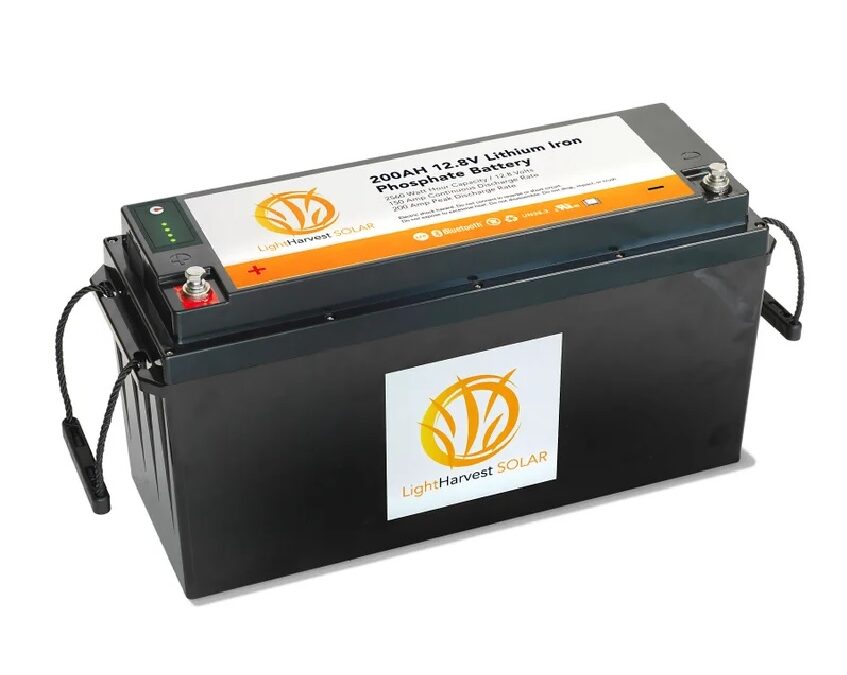In our push for a more sustainable world, solar power has become one of the most popular forms of renewable energy. But solar panels are only part of the equation – you also need a way to store that energy so you can use it when the sun isn’t shining. That’s where lithium batteries come in, and in this article, we’ll explore how they can help make a solar-powered world a reality.
Why are lithium batteries better for solar?
Lithium batteries are often used in solar-powered applications because they offer a number of advantages over other types of batteries. One advantage is that lithium batteries have a higher energy density, which means that they can store more energy per unit of weight than other types of batteries. This is important in solar applications because it allows for smaller, lighter batteries that can still pack a lot of power.
Another advantage of lithium batteries is that they have a lower self-discharge rate than other types of batteries. This means that they will retain their charge for longer periods of time, which is helpful in applications where the solar panels may not be able to provide power continuously (such as during cloudy or rainy days).
Finally, lithium batteries tend to have a longer lifespan than other types of batteries. This means that they can be used for more extended periods of time without needing to be replaced, which can save money and hassle over the long run.
Are lithium batteries good for the planet?
Lithium batteries are often lauded as being more environmentally friendly than other types of batteries, but is this really the case? Here, we take a look at the pros and cons of lithium batteries to see if they really are as green as they’re made out to be.
On the plus side, lithium batteries are much more energy-dense than other types of batteries, meaning that they can store more energy in a smaller space. This makes them ideal for use in solar-powered homes and devices, as they can make efficient use of the limited space available.
Another advantage of lithium batteries is that they don’t contain any toxic chemicals. This means that they can be safely disposed of without harming the environment.
However, there are also some disadvantages to using lithium batteries. One issue is that they can be quite expensive, which may make them prohibitive for some people.
Another potential downside is that the mining of lithium can be harmful to the environment. Lithium mining can pollute water supplies and damage ecosystems.
Overall, though, it seems that lithium batteries have more positives than negatives when it comes to their impact on the planet. If you’re looking for a battery option that is both efficient and
Different types of batteries used in off-grid solar
Off-grid solar systems are usually powered by batteries. There are several types of batteries that can be used in off-grid solar systems, and each has its own advantages and disadvantages.
The most common type of battery used in off-grid solar systems is the lead-acid battery. Lead-acid batteries are relatively inexpensive and have a long life span. However, they require regular maintenance and can be damaged by overcharging.
Another type of battery that can be used in off-grid solar systems is the lithium-ion battery. Off-grid Lithium-ion batteries are more expensive than lead-acid batteries, but they have a number of advantages. Lithium-ion batteries are much lighter than lead-acid batteries, so they are easier to transport and install. They also have a higher energy density, so they can store more energy than lead-acid batteries. Lithium-ion batteries also have a longer life span than lead-acid batteries and are less likely to be damaged by overcharging.
How long do lithium solar batteries last?
Lithium solar batteries are one of the most popular types of solar batteries on the market today. They are known for their long life span and high energy density. Lithium solar batteries can last up to 10 years with proper maintenance.


